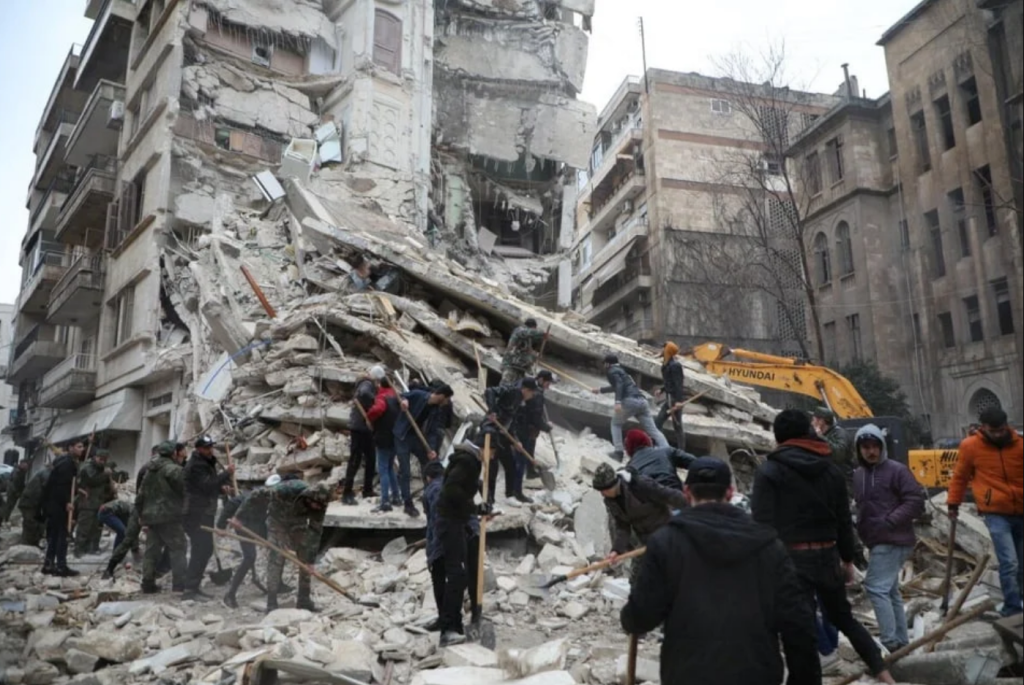
This research project examines impacts of the 2023 earthquake in southern Turkey on the living conditions and social cohesion experienced by Turkish residents and Syrian refugee residents. Türkiye is the world’s top refugee-hosting country, with the largest number of Syrian refugees (more than 3.2 million) anywhere in the world. The exponential rise in the influx of refugee arrivals in the past decade has turned once-tolerant inter-group relations sour. Against this background, on 6 February 2023, a series of powerful earthquakes hit southeastern Türkiye and northwestern Syria causing apocalyptic devastation. More than 60,000 people were killed while hundreds of thousands were injured. The project will survey Syrian refugees in Turkey, and key informants in these communities as well as internally displaced Syrians who were also affected by the earthquake. The research will analyze how a disaster affects social cohesion dynamics, particularly between refugees and their host communities. Based on this research, the project aims to develop a general framework for social cohesion that can applied to other refugee-receiving countries in the Global South such as Jordan, Lebanon, Colombia, Kenya, and Uganda.
The research project is a collaboration between researchers at IGAM Academy in Ankara, Turkey, and Georgetown’s Institute for the Study of International Migration (ISIM), and is funded by the Al-Thani Foundation.
Project team:
In US: Prof. Elizabeth Ferris, Georgetown University ISIM/SFS; Prof. Katharine Donato, Georgetown University ISIM/SFS; Prof. Kemal Kirişçi, Brookings Institution, Dr. Şule Yaylacı, Georgetown University ISIM/SFS
In Turkey: Prof. Murat Erdoğan, President of IGAM Academy; Dr. Serhat Erkmen, Independent Researcher; Dr. Nihal Eminoğlu, Assistant Professor, Çanakkale Onsekiz Mart University